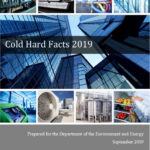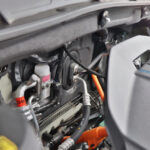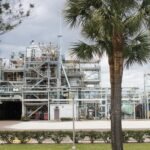Latest automotive refrigerant survey from RRA
- Posted30 May 2020
Since 2013, Refrigerant Reclaim Australia has worked with VASA member workshops to conduct regular surveys of which refrigerants are installed in vehicles that are having air-conditioning work done at metropolitan and regional locations around the country. The study records how many vehicles are charged with R134a, R1234yf, hydrocarbons and mixtures of hydrocarbons with other refrigerants. … Continue reading Latest automotive refrigerant survey from RRA
- TagsHydrocarbon refrigerants, R12, R1234yf, R134a










